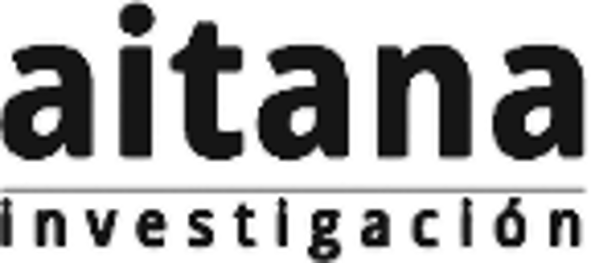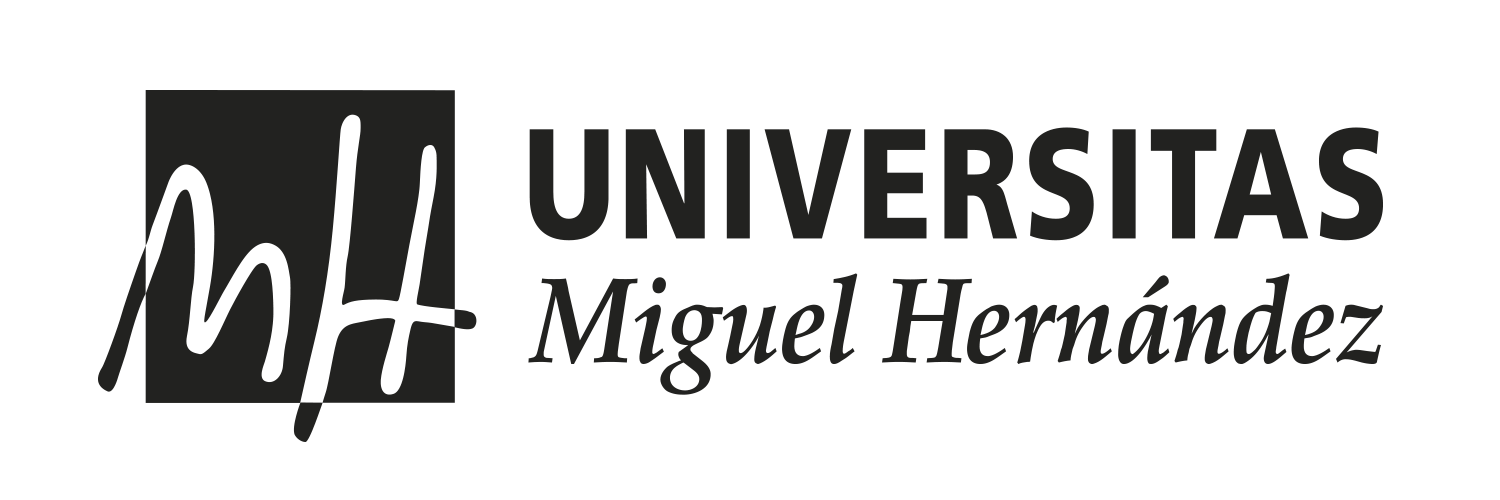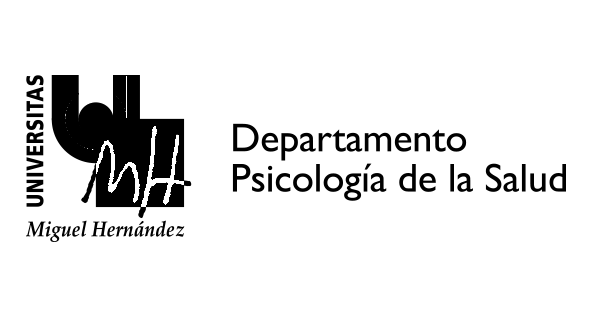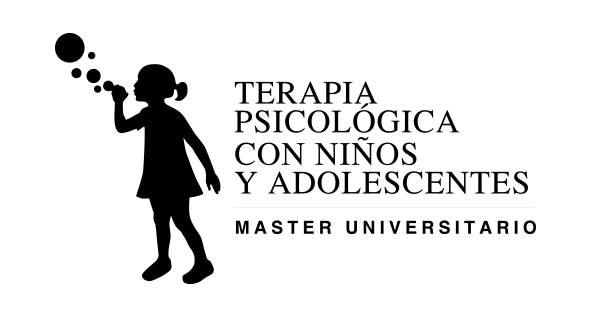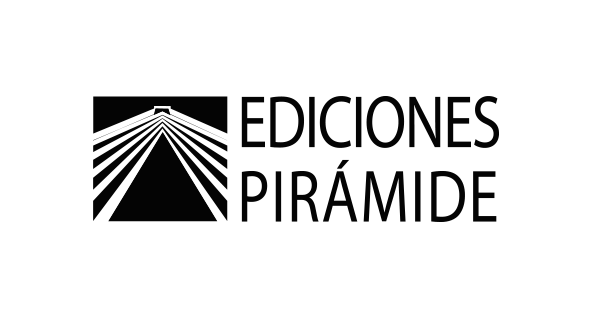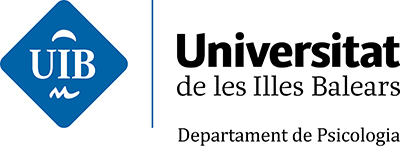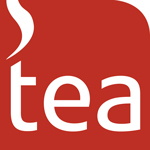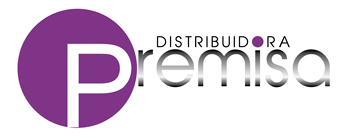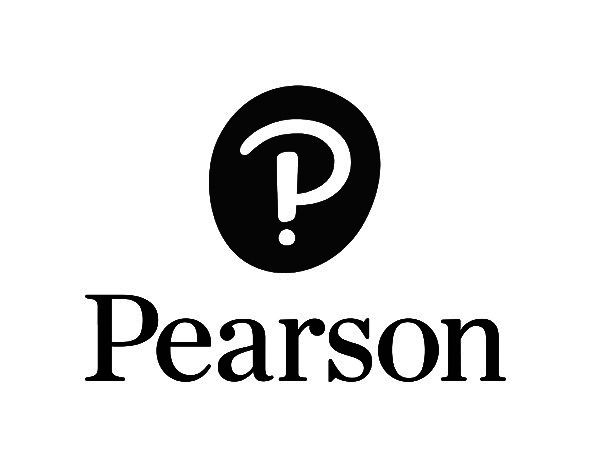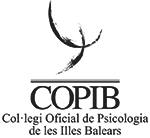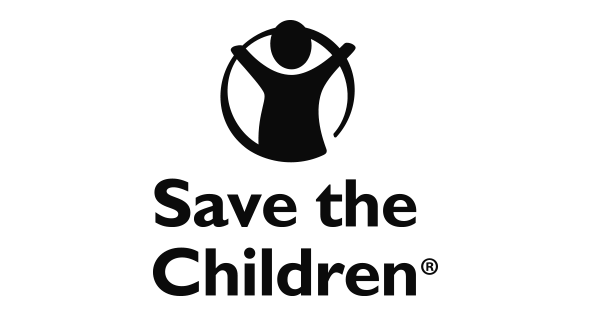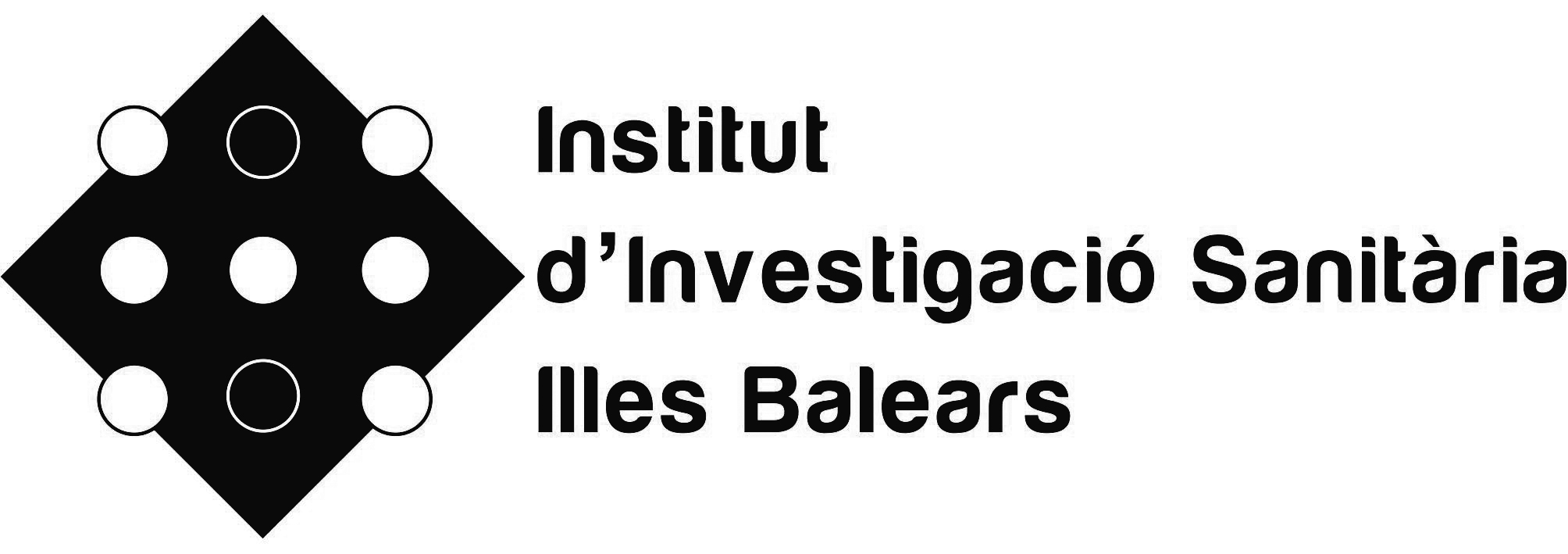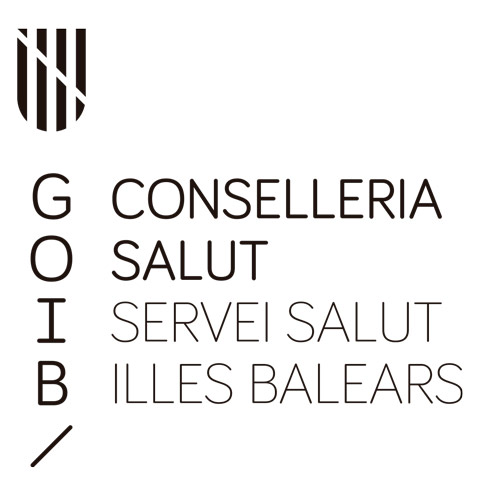Marta Lima Serrano
University of Seville, Spain
ADOLESCENTS AND SUBSTANCE USE: VULNERABILITY AND HEALTH PROMOTION THROUGH COMMUNICATION AND INFORMATION TECHNOLOGIES
Abstract
Binge-drinking in adolescence is recognized as an important public health problem while the most used illegal drug by adolescents is cannabis which represents the higher percentage of admissions to treatment. To fight with this problem is important to know the factors that make adolescents vulnerable, and proposing health promotion evidence-based practices. In 2016-2017 we developed a two-arm Cluster Randomized Controlled Trial (CRCT), at the school level, and four months of follow-up, aimed to test of a web-based-computer-tailored intervention (ALERTA ALCOHOL), for prevention of binge-drinking in adolescents. 1247 students from 15-19 years participated in baseline and 612 in follow-up. In the first presentation, the effect of ALERTA ALCOHOL on binge-drinking reduction is shown. There was an unadjusted effect of the program (p < 0,05), binge-drinking was reduced only significantly in experimental group. Regarding process evaluation, 69.2% of participants shown satisfaction, 52.1% would use again and 67.1% would recommend ALERTA ALCOHOL. In the second communication, the socioeconomic determinants of quality of life (QOL) and the effectiveness of ALERTA ALCOHOL on QoL is shown, which increased in adolescents that received the program and reduced binge-drinking (p<0.05). QOL is explicated by this impact, gender and nationality. The third study shows the protocol of a three-arms CRCT with two follows-up (6 and 18 months), aimed to evaluate the cost-effectiveness ALERTA ALCOHOL EN FAMILIA. This is an improved version of ALERTA ALCOHOL, which includes an intervention with parents. The fourth communication is part of a research aimed to evaluate the determinants of cannabis initiation and the transition to cannabis abuse from qualitative and quantitative perspectives. A pilot qualitative study with a sample of 20 school-aged-children of 14-17 years distributed in 4 focus groups participated. We explored attitude (pros and cons, e.g., belonging to group or lack of control), social influences (social model, norm and pressure), and lack of self-efficacy.
Marta Lima is Doctor in Health Sciences, Nurse and Social and Cultural Anthropologist. She received the Extraordinary Doctorate Award. Currently is Professor at the Department of Nursing of the University of Seville, Spain. She is Specialist in Clinical Research and Epidemiology and the responsible for the research group PAIDI CTS 969: “Innovation of Care and Social Determinants in Health”, belonging to the Andalusian Research Network on Addictions and Addictions (RAIDA) of the Andalusian Observatory on Drugs and Addictions. She is a reviewer of different international impact journals and Associate Editor of the journal “Enfermería Clínica”. She is Fellow of the Andalusia Association of Community Nursing. Dr. Lima has led and participated in several research projects, highlighting two on-going projects funded by the Ministry of Health, in which she is the chair. One focuses on testing the evaluation of programs based on information and communication technologies for the prevention of consumption of alcohol and alcohol consumption due to binge drinking in Andalusian adolescents. She has published more than thirty articles in journals indexed in the Journal Citation Report. A more detailed information of her scientific production can be consulted in the web: https://investigacion.us.es/sisius/sis_showpub.php?idpers=15895

